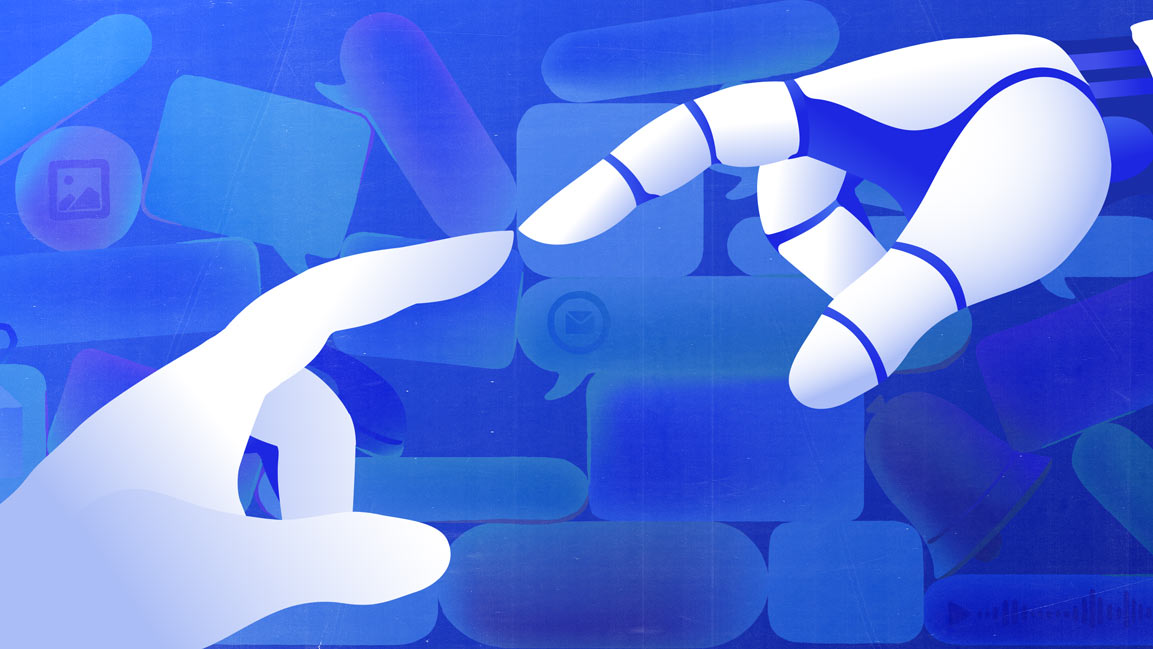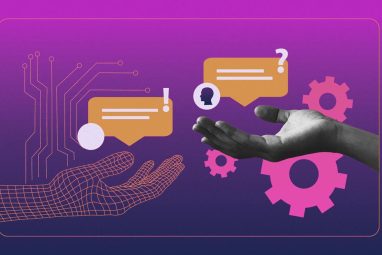UiPath Integrates Google’s Gemini to Transform How Businesses Talk to AI
Advancing the Middle East’s digital agenda, UiPath and Google Cloud introduce voice-driven AI agents to streamline enterprise automation and innovation.
Topics
News
- OpenAI Acqui-hires Convogo Team, Shuts Down Leadership Software Product
- Google Brings Gemini AI Features to Gmail
- Gemini’s Quiet 2025 Win: Eroding ChatGPT’s Traffic Share
- e& UAE Outlines Sensing-led 6G Future
- Google, Character.AI Move Toward Settling Teen Harm Lawsuits
- CES 2026 Day 3: Foldables, Gaming PCs, and Everyday AI Take Center Stage

[Image source: Chetan Jha/MITSMR Middle East]
As organizations across the Middle East accelerate their digital transformation agendas, the focus is shifting from isolated productivity tools to intelligent systems that can drive enterprise-wide automation. With regional governments and businesses investing heavily in AI, underscored by national AI strategies in the UAE and Saudi Arabia, technologies that enable more natural, intuitive interactions with machines are gaining traction.
Against this backdrop, UiPath has announced a significant advancement in its agentic automation capabilities: a conversational agent with voice interaction, powered by Google Cloud’s Gemini models. The collaboration aims to simplify the way organizations build and manage automation by enabling natural language voice commands, ushering in a more intuitive, real-time interface between humans and AI agents.
UiPath, a global presence in enterprise automation, is leveraging Google Cloud’s Vertex AI platform to allow businesses to trigger, construct, and orchestrate automated workflows via speech. The voice-enabled conversational agent offers multilingual support, high speech recognition accuracy, and advanced features such as emotion-aware dialogue and proactive audio responses. According to the company, this significantly enhances AI agents’ effectiveness in handling dynamic and unpredictable tasks; situations where traditional text-based interactions often fall short.
“Voice is the most natural way we communicate, and now it can be the most natural way to automate,” said Graham Sheldon, Chief Product Officer at UiPath. “By bringing Google Cloud’s Vertex AI and Gemini models into the UiPath Platform, customers can trigger and orchestrate automations through real-time speech, making agentic AI more intuitive, accessible, and impactful in the flow of everyday work.”
Voice, UiPath argues, unlocks communication nuances and contextual cues that text alone cannot capture. These capabilities make voice interaction particularly suited for complex or spontaneous scenarios, from frontline service environments to collaborative problem-solving in knowledge work.
The integration taps into Google’s generative AI infrastructure to bridge the gap between human language and machine action. Michael Gerstenhaber, VP of Product Management for Vertex AI at Google Cloud, described this as part of a broader evolution in enterprise AI.
“The first wave of generative AI focused on individual productivity; the next is about transforming core business processes,” Gerstenhaber said. “On Google Cloud’s Vertex AI, partners like UiPath are at the forefront of this shift, using our Gemini models to build agents that translate human language directly into complex, automated workflows.”
The rollout of voice-capable AI agents reflects a growing trend in enterprise technology: reducing friction in automation adoption and empowering business users, regardless of technical expertise, to integrate AI into their daily operations. As conversational interfaces mature, voice may not only complement traditional automation tools but redefine how organizations engage with them entirely.








